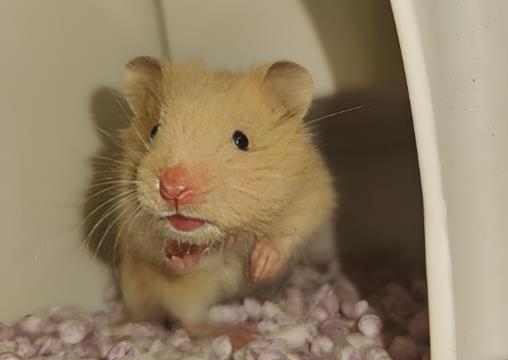Comprehensive Guide to Dwarf Hamster Fur Colors

I. Common Fur Color Types
Basic Color Varieties
Wild Type: Gray-black fur on the back + pure white fur on the belly. Docile in temperament, suitable for beginners.
Silver Fox: Snow-white fur on the back + black/gray dorsal stripe (the golden fox variant has a golden stripe). Fluffy fur texture.
Mottled Purple (Zichang): Light gray fur with a faint purple sheen. Moves slowly and prefers quiet environments.
Pudding: Light yellow/cream-colored fur. Prone to "darkening" (turning dark gray) due to temperature changes.
Special Mutations
Campbell’s Dwarf Hamster (Russian Dwarf): Features over 20 fur color patterns, including light blue curly fur, amber, and black eye liner.
Winter White Dwarf Hamster: Undergoes seasonal color change (fur turns white in winter). Extra care for warmth is required.
II. Connection Between Fur Color and Behavior
Visual Traits
Dwarf hamsters cannot perceive the color red but are sensitive to blue/purple. Dark environments easily cause them stress.
Light-colored cages (e.g., off-white, light gray) can reduce hamsters’ stress responses.
Health Tips
Sudden darkening of fur may indicate malnutrition (supplementation of B vitamins is needed).
Local hair loss requires checking for fungal infections or parasites.
III. Breeding Recommendations
Cage Selection: Avoid high-contrast color schemes. Natural tones (wooden brown, light gray) are recommended.
Genetic Note: Artificially bred varieties (such as pudding and mottled purple hamsters) should be kept from inbreeding.
